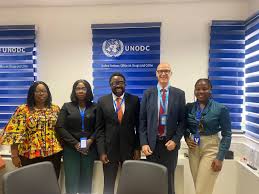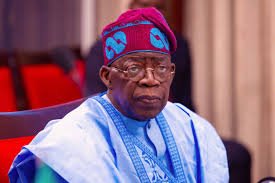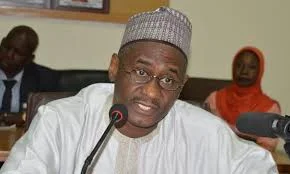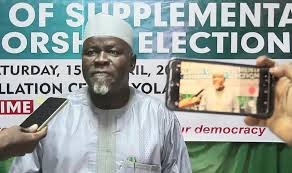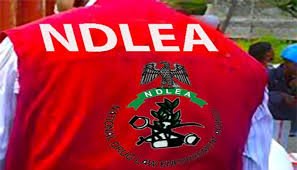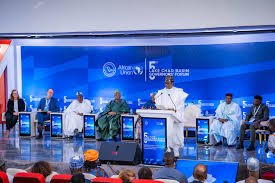The Human and Environmental Development Agenda (HEDA) Resource Centre, in collaboration with the United Nations Office on Drugs and Crimes (UNODC), has called on the federal government to bolster anti-corruption agencies focused on evaluating and enhancing anti-corruption efforts in Nigeria.
HEDA Chairman Olanrewaju Suraju made the call yesterday in Abuja during the 36th Anti-Corruption Situation Room (ACSR) Conference, with the themed “The Fight Against Corruption Under the Tinubu-led Administration: A Review of the First Year in Office.”
Suraju emphasized the need for judicial independence, insisting that indicted government officials, regardless of their political affiliations, must face the law.
He stressed that anti-corruption agencies must be adequately funded and operate independently, free from any form of interference, including from the Office of the President.
“Public participation in the fight against corruption is crucial,” Suraju stated. “This can only be achieved when information is readily available to the people. The government must ensure the protection of freedom of information, allowing citizens to access the information necessary to engage with governance.”
He further highlighted the importance of the National Orientation Agency (NOA), urging for its independence and sufficient funding.
“The NOA is a strategic government agency that should operate independently and be adequately funded to carry out the necessary reorientation of Nigerians. Not only young people involved in cybercriminality but also public officials engaged in corruption can benefit from the NOA’s messages,” he said.
Suraju also criticized the National Assembly’s current approach to hearings, noting that they often lack genuine investigative rigor. “The hearings are usually just inquiries, ending in denials.
“The National Assembly should refer cases to anti-corruption agencies equipped with investigators capable of conducting forensic analysis. This would prevent political bias and ensure cases are resolved based on evidence rather than political settlements.”
Suraju said by implementing these measures, HEDA and UNODC believe Nigeria can significantly enhance its fight against corruption, fostering a more transparent and accountable government.
On his part, the EFCC Chairman Mr. Ola Olukoyede, who was represented by Mr. Wilson Uwujaren, emphasized the significant role of HEDA in national advocacy and the pursuit of social and distributive justice.
“From the perspective of the Economic and Financial Crimes Commission (EFCC), we have observed a remarkable non-interference by the government in our daily activities, enabling us to fulfill our mandate effectively,” he said.
He added that in the past year, the EFCC achieved substantial progress, including numerous convictions and monetary recoveries amounting to millions of dollars.
he stressed that the significant enforcement actions have led to the suspension of a serving minister and several heads of agencies under investigation for fraud. Additionally, former ministers and governors are currently being prosecuted by the EFCC.
He, however, said the commission’s efforts in combating cybercrime, which threatens Nigeria’s image and future, have been relentless.
He added that EFCC acknowledges that enforcement alone is insufficient to win the battle against corruption.
Olukoyede said they have shifted focus towards prevention by establishing the Fraud Risk Assessment and Control Department. This department assesses the vulnerability of ministries, departments, and agencies to corruption and devises measures to mitigate these risks.

